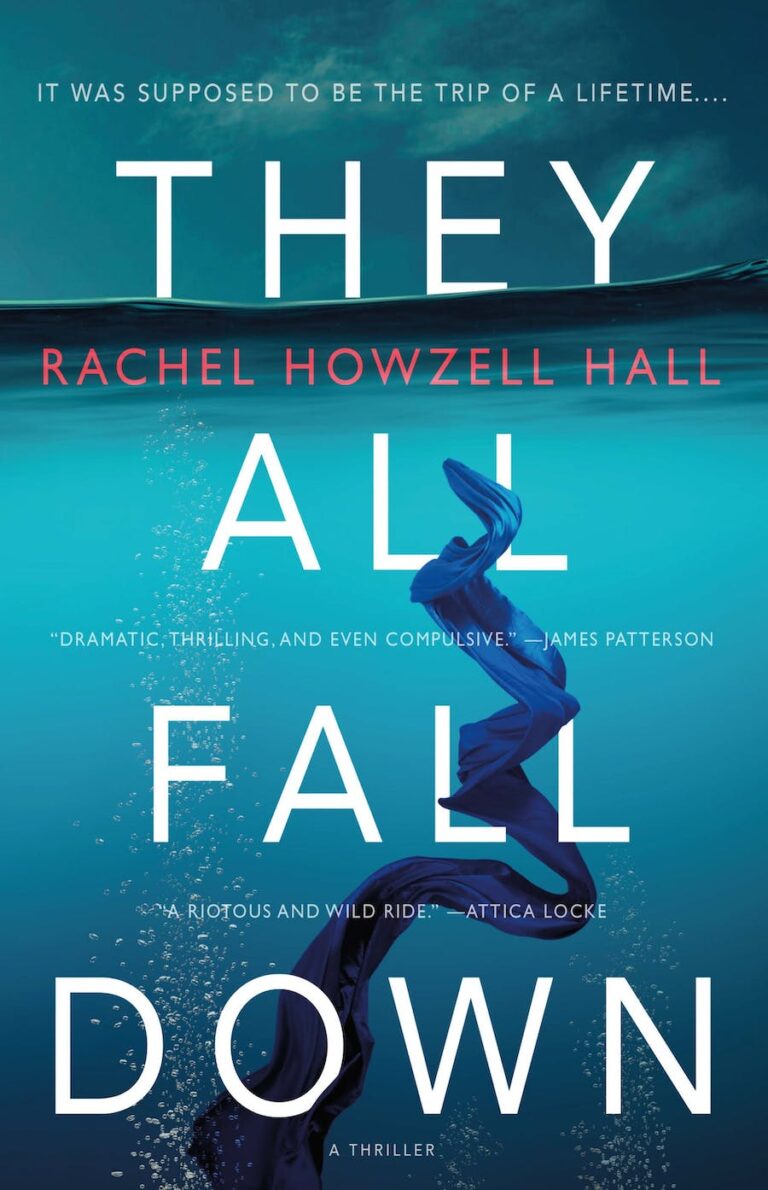Grammar Girl: What’s your favorite word and why?
Rachel Howzell Hall: “Discombobulated.” It sounds just how it looks—you think it’s going one way with ‘dis’ and then it zigs over to five more syllables. It’s all over the place and in my life, that’s how I feel sometimes.
GG: What’s a word you dislike (either because it’s overused or misused) and why?
RHH: “Actually.” Nothing good ever happens after “actually.” You can’t say that word without the implied italics. It’s a condescending word heard in conference rooms and book signing Q&A’s everywhere. On Mars right now, there’s an alien correcting another alien with, “Well, actually, Earth is 72 percent water, and we’re allergic and so why would we invade there?”
GG: What word will you always misspell?
RHH: “Metastasis/Metastatic.” It took me three tries to spell that right. I’m a science fundraising writer, so that word comes up all the time. And I spell it wrong all the time.
‘[Discombobulated]’ is all over the place and in my life, that’s how I feel sometimes.
GG: What word (or semblance of a word) would you like to see added to the dictionary? Why?
RHH: “Hunh.” I use it a lot in my writing. It’s a loaded word, “hunh.” It’s kinda like, “well, ain’t that something,” and “Really?” It’s a non-committal non-response response that can fit every situation.
You: “We’re out of laundry detergent.”
Me: “Hunh.” [I warned you that we were running out and you disagreed and now, here we are.]
You: “That superheroes movie was so deep.”
Me: “Hunh.” [You’re an idiot.]
See? It works for everything!
GG: Any grammar pet peeves we should know about?
RHH: “Everyday” vs “every day.” People use the wrong one—usually ‘everyday’—all the time. Even companies that pay proofreaders to proof. Stop calling yourselves ordinary, people! Toyota spent a lot of money cleaning up that mistake—by using the wrong ‘everyday’ in their Everyday People campaign, they called their Camrys… ordinary, which… well…
GG: To what extent does grammar play a role in character development and voice?
RHH: Grammar plays an important role, especially when writing characters that belong to a group or culture. I write characters who are African-American, and we have our own ways of talking that may not mean you’re uneducated. It’s called “code-switching,” where we alternate between “good” English and “black English.” I use “ain’t” and drop my G’s all the time in the presence of other African-Americans. Rarely around others. So, in my writing, I reflect that practice.
For instance, with Lou Norton, my detective, any time she questions people in her childhood neighborhood, she will talk in her natural style. Not worried about prepositions or double-negatives or hanging anything. She uses that to pull people in, to get them comfortable. You can tell who she’s with by her speech.
GG: Do you have a favorite quotation or passage from an author you’d like to share?
RHH:
“Tall, aren’t you?” she said.
“I didn’t mean to be.”
Her eyes rounded. She was puzzled. She was thinking. I could see, even on that short acquaintance, that thinking was always going to be a bother to her.”
“― Raymond Chandler,”
Hahahahaha. I love a good diss!
GG: What grammar, wording, or punctuation problem did you struggle with this week?
RHH: I always get caught up with the possessive S when someone’s last name ends with an S. I actively avoid selecting character names that end in S because I’m so insecure with the rules!

